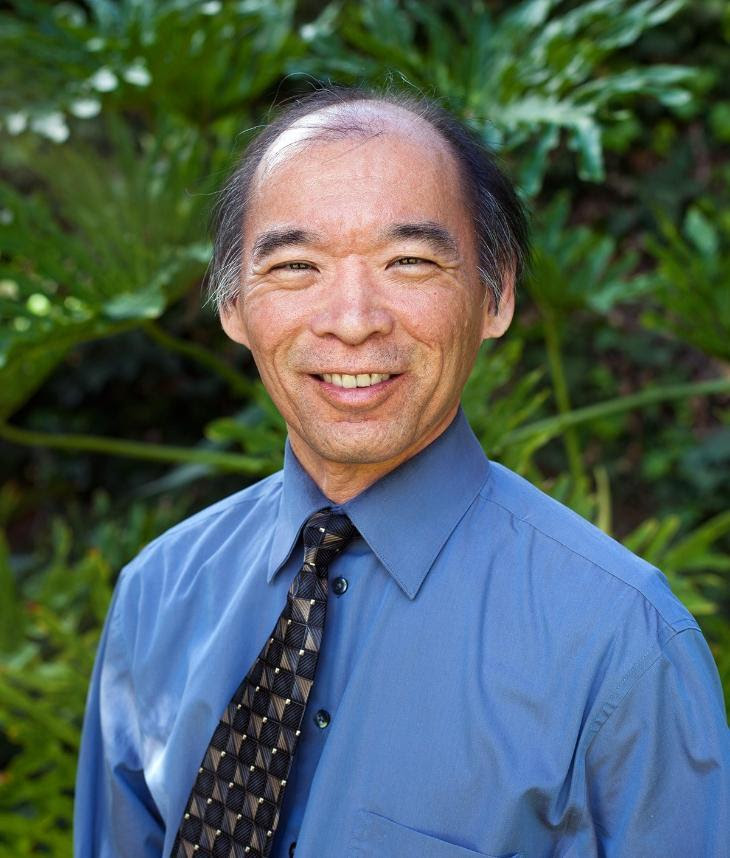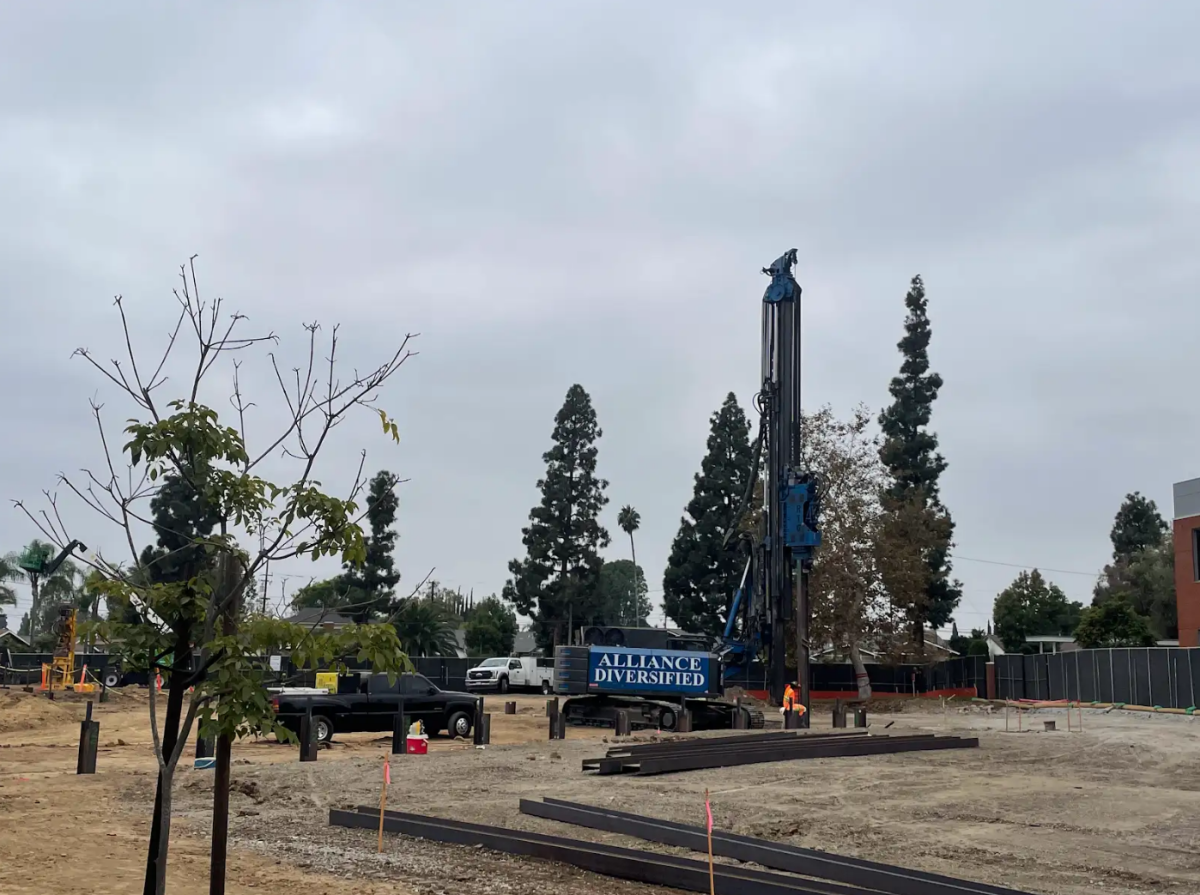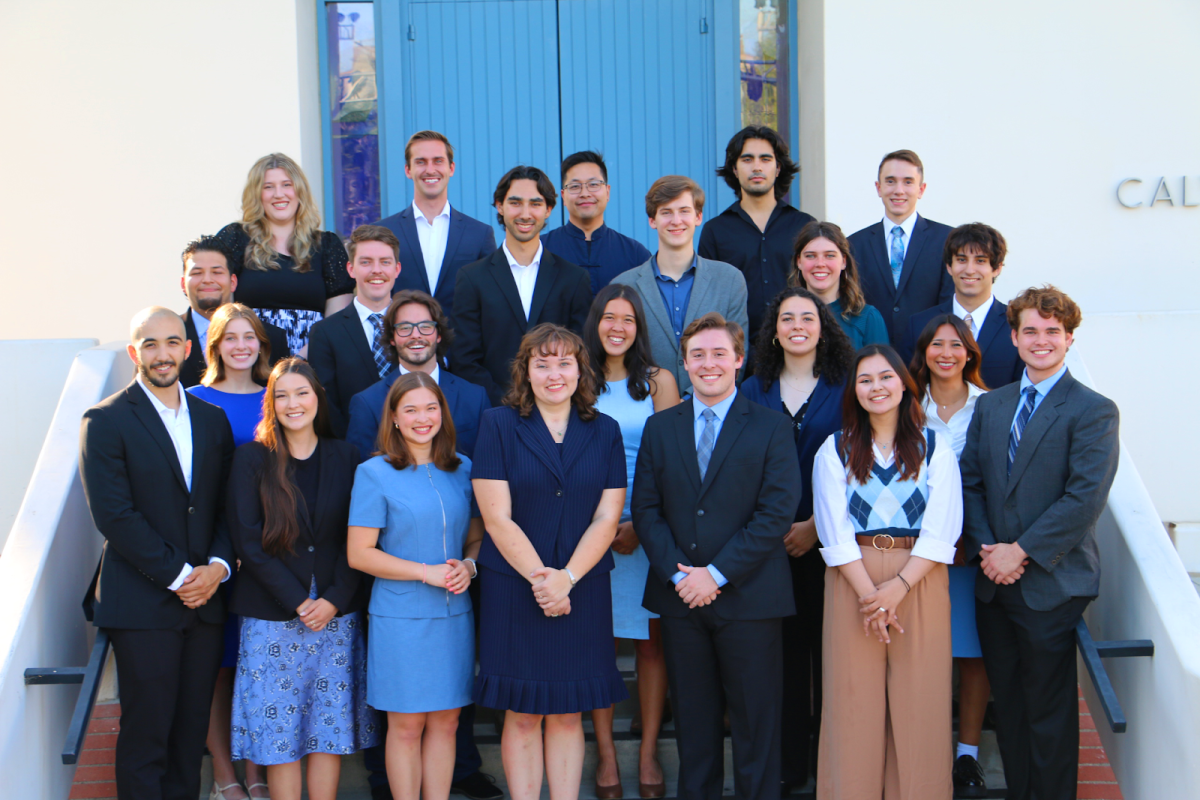On Feb. 1, faculty gathered in Metzger Hall’s Lehman Board Room for a farewell ceremony to honor Dr. Glen Kinoshita, the director of diversity education and training. Professors, alumni and visitors filled the room as the Division of Diversity and Inclusion thanked Kinoshita for his three decades of service at Biola.
Assistant Dean of Chapels and Worship Mike Ahn, who emceed the event, pointed to Kinoshita as a constant presence with influential impact.
“Thanks for leading and guiding us for the past 31 years,” Ahn said. “We are changed by your presence; your wisdom; your understanding of the Bible. We are truly honored to celebrate you today.”
A STEADFAST PRESENCE
In a video, Biola Trustee Adam Edgerly thanked Kinoshita for his legacy both on and off campus.
“Hundreds of students at Biola and other Christian universities have benefited from what you built,” Edgerly said. “[For] all the intimate one-on-one conversations with students who were struggling — thank you for all you built.”
Walter Augustine, the current associate vice president for diversity and belonging at Point Loma Nazarene University and former director of intercultural education and research in Biola’s division of diversity and inclusion, referred to Kinoshita as a “guru” and recognized both his “breadth of knowledge and experience” and “years of faithful ministry.”
A photo montage showed Kinoshita playing the ukulele, inviting students into his home for food and posing with scholars in the LEAD program he pioneered. Pictures also highlighted Kinoshita’s passion for the student conference on racial reconciliation (SCORR) which he founded and went on to lead for over 25 years.
Ahn pointed to the SCORR conference as an integral part of Kinoshita’s mark on Biola.
“SCORR has made space for hard conversations and more advanced conversations and celebrates beauty and diversity in the church,” Ahn said. “Glen, that is a legacy you leave.”
KINOSHITA’S SPEECH
Faculty and alumni spoke about a variety of qualities they most appreciated about Kinoshita — his steadfast presence, love for the marginalized and passion for shalom — as well as his commitment to diversity initiatives. Kinoshita then came to the front and spoke of his desire to make space for people’s stories to be heard and validated. He pointed to magic as an analogy of his work in diversity.
“Magicians have to practice their craft in the midst of people who push against their art,” Kinoshita said. “Systems and structures render people invisible; their identities are not seen. We choose not to see them. We all went on a journey to make magic. We make invisible people seen. We’re not magicians who make people disappear; we’re magicians who make people appear.”
After Kinoshita finished his speech, attendees rose as one to give him a standing ovation.












